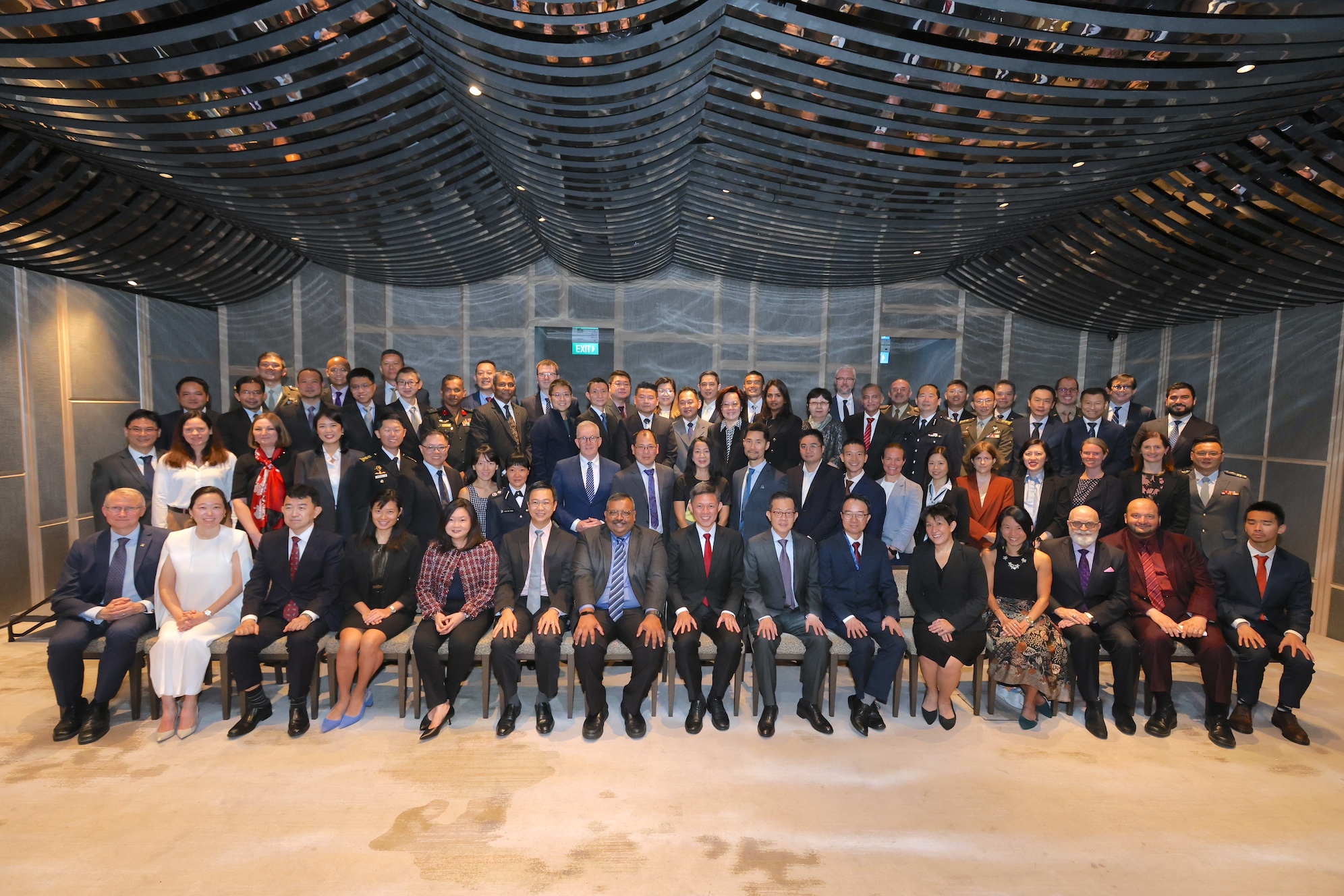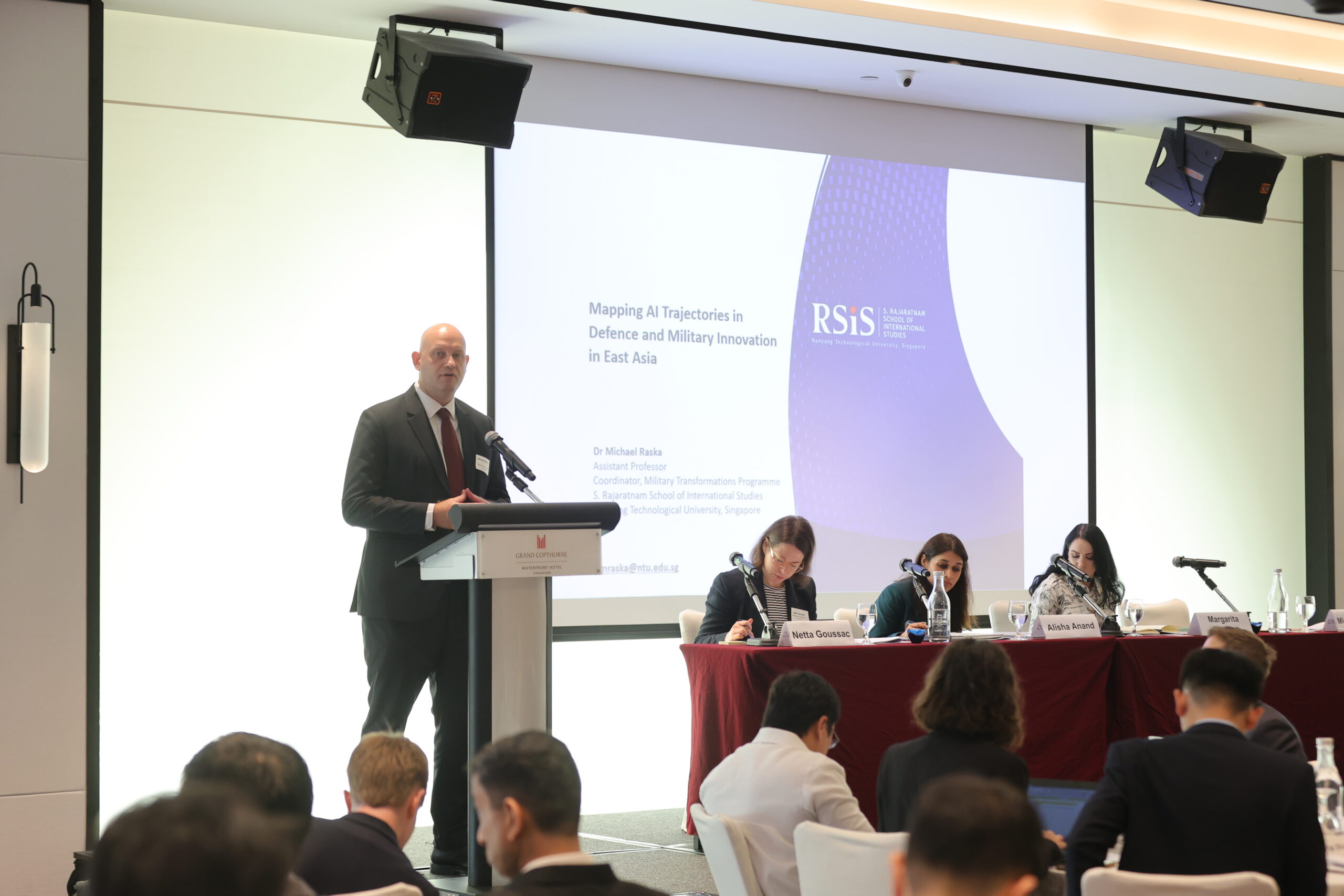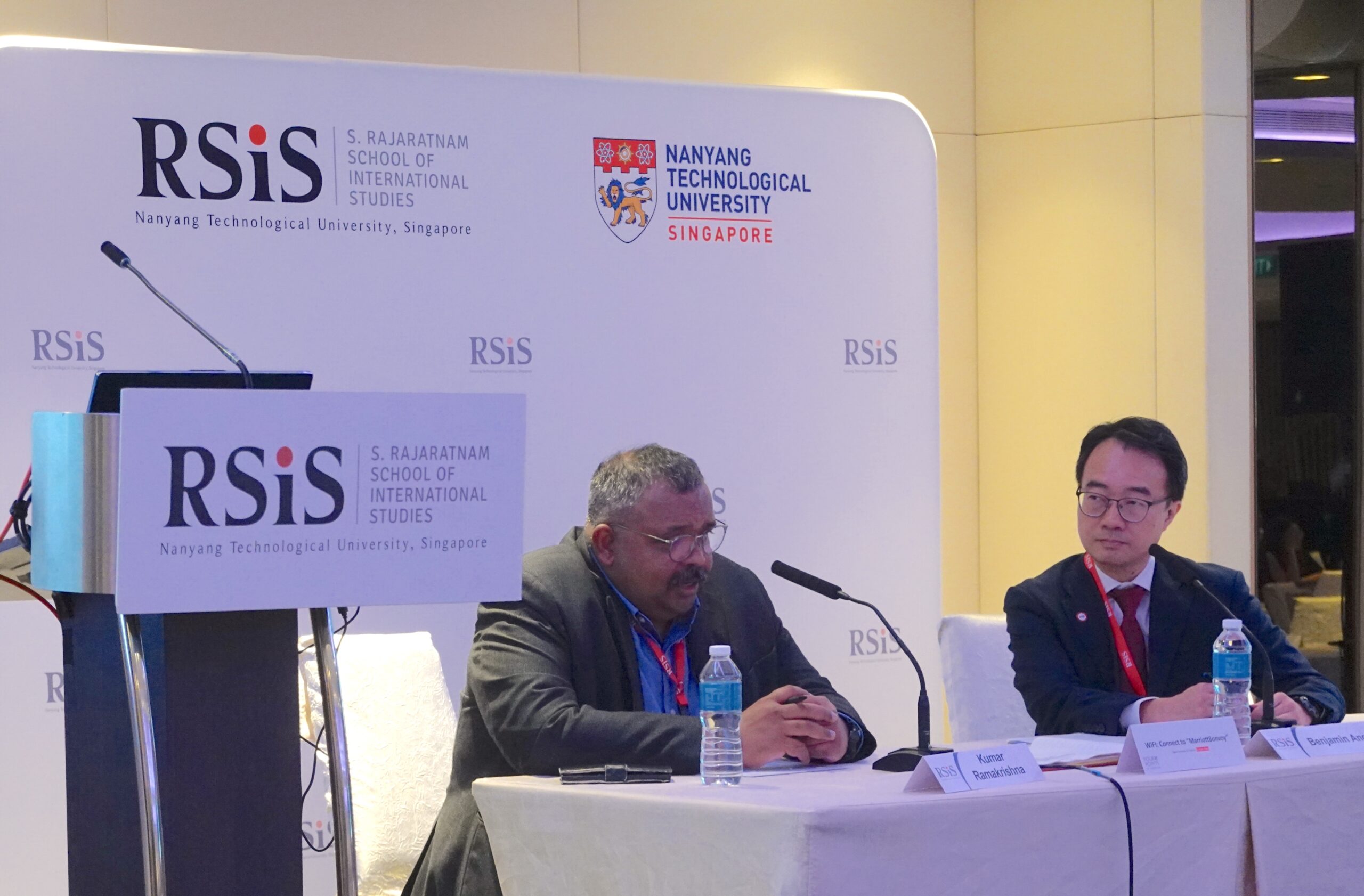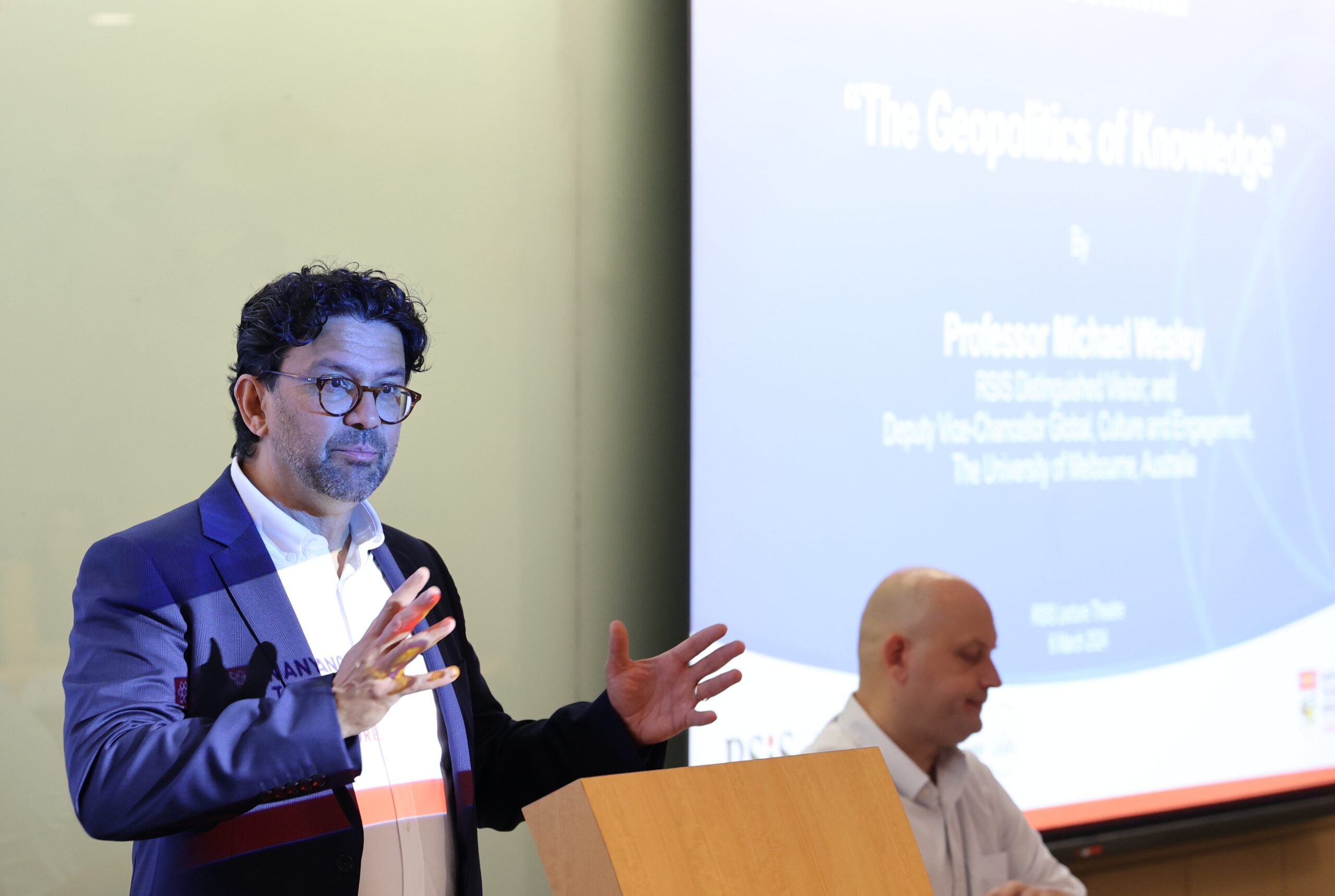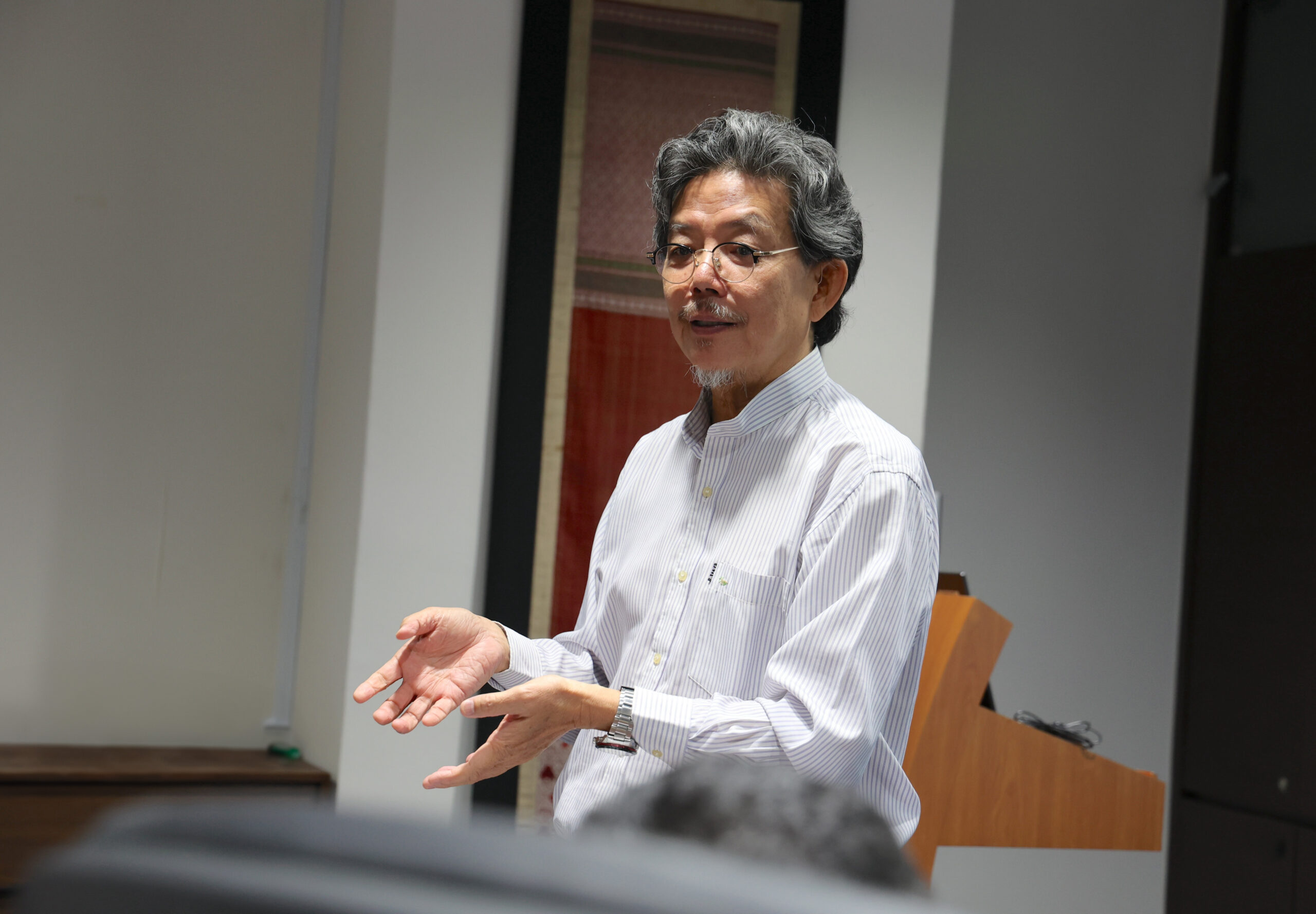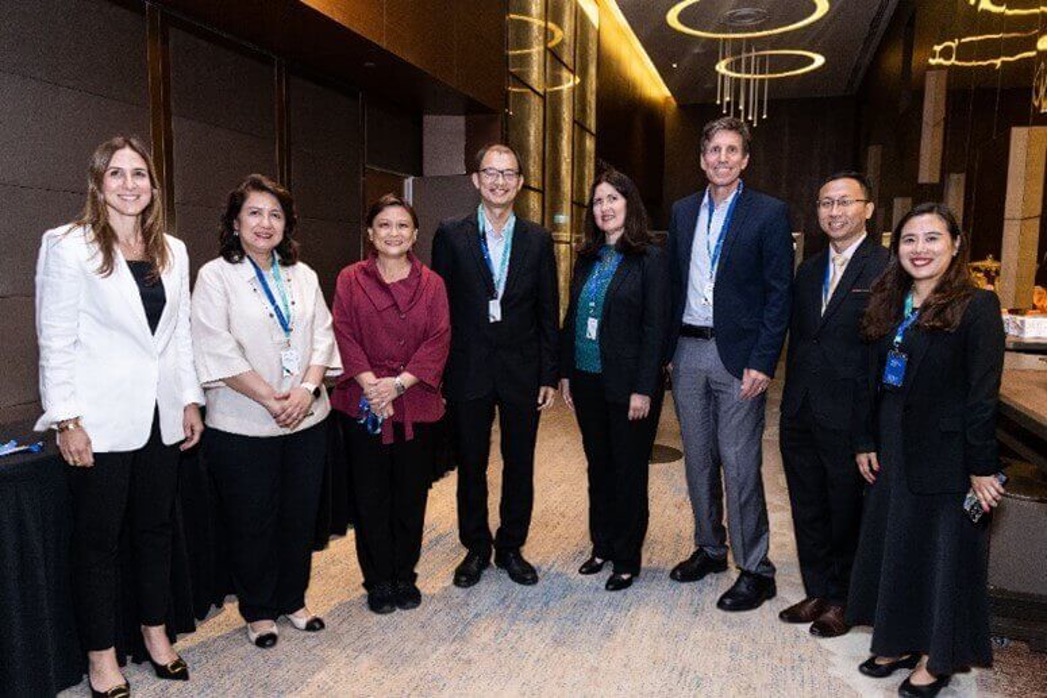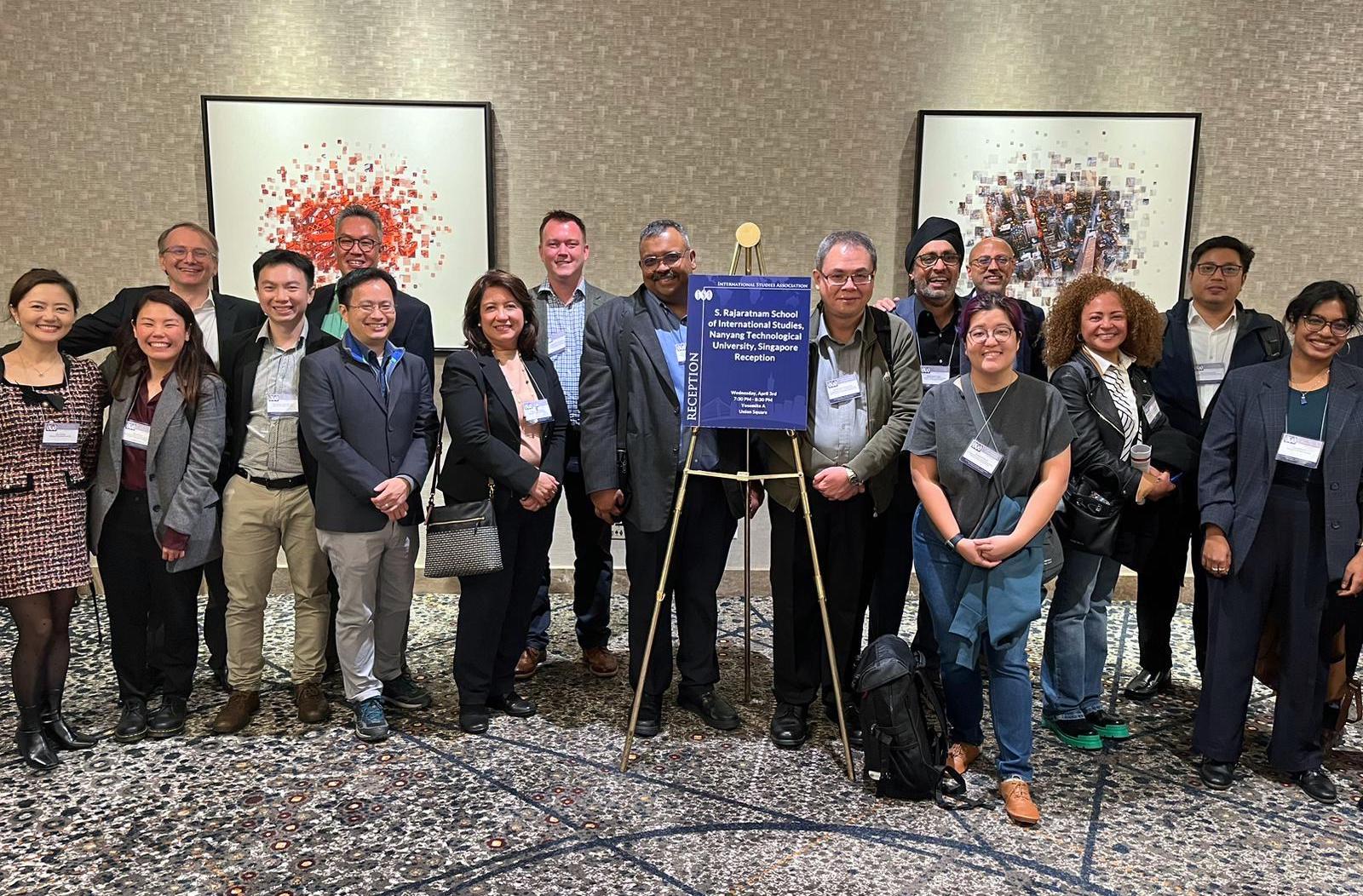
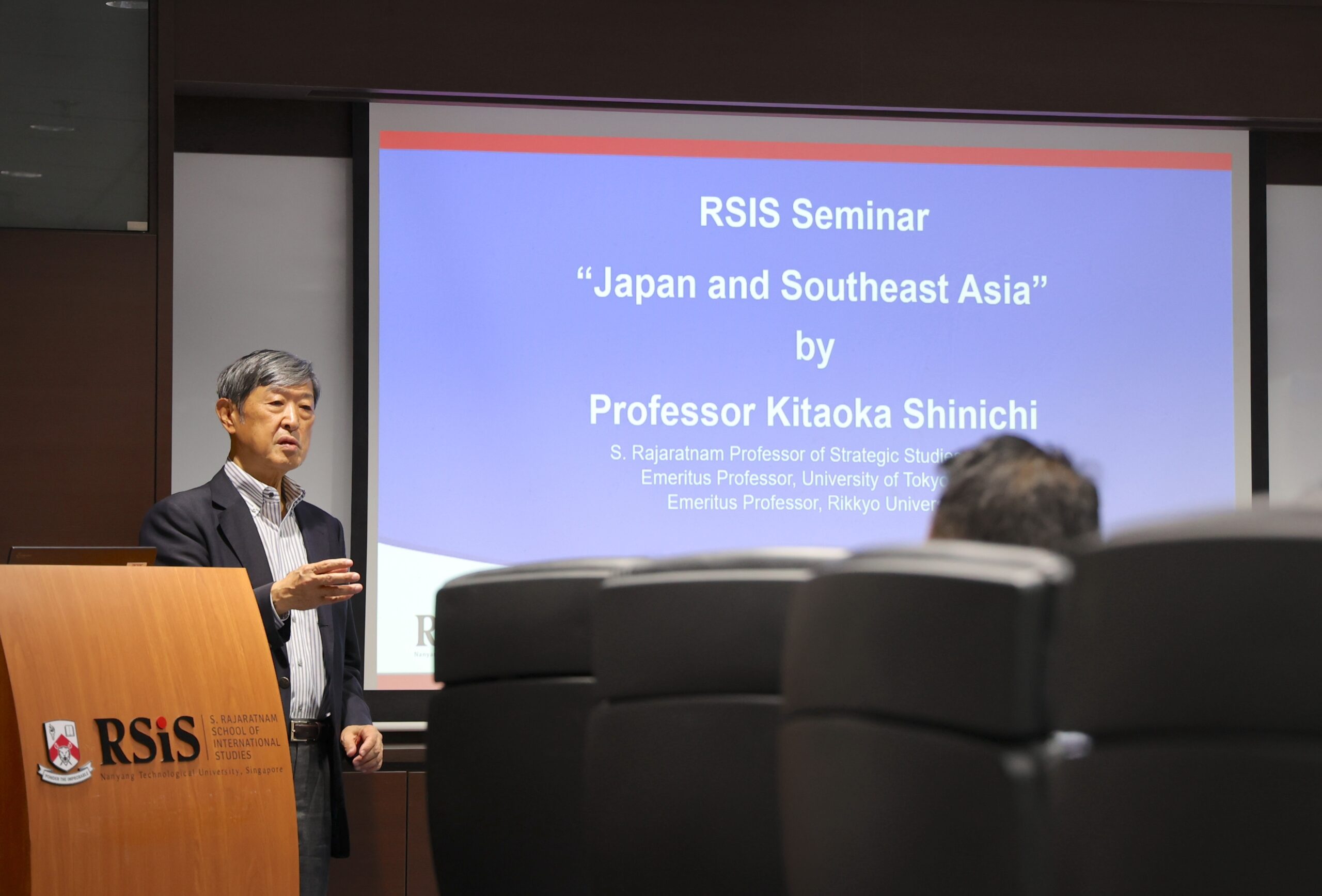
Professor Kitaoka Shinichi, S. Rajaratnam Visiting Professor of Strategic Studies, Emeritus Professor of the University of Tokyo and Rikkyo University, and Special Advisor to the President of the Japan International Cooperation Agency (JICA); delivered an RSIS Seminar titled “Japan and Southeast Asia” on 11 March 2024.
Prof Kitaoka began the seminar by outlining the evolution of Japan’s foreign policy towards Southeast Asia. He said that, following World War II, Japan endeavoured to be reaccepted by the international community with practices such as providing official development assistance (ODA). Prof Kitaoka defended Japan’s focus on Southeast Asia instead of Africa, reasoning that they were closer to Japan and more willing to “stand up for themselves” and seek economic development. He also defended Japan’s practice of providing loans instead of grants to developing countries, reasoning that it allowed Japan to provide more money with the expectation of being repaid.
Turning to Japan’s recent policies, Prof Kitaoka highlighted Japan’s “ideational power” in the Free and Open Indo-Pacific (FOIP). He noted that Japan has acted as a “silent partner” in FOIP by promoting ideas such as linking of Northeast Asia to Eastern Africa. He emphasised that Southeast Asia is the most important part of FOIP architecture for Japan, and outlined how Japan engaged the region from supporting Coast Guard activities to building train networks. He expressed hope that more could be done, especially in terms of expanding academic exchanges.
Prof Kitaoka also argued for the creation of a Western Pacific Union that included ASEAN, Pacific Islands, and middle powers such as Australia and Japan. Such a grouping would exclude superpowers such as China and the US due to their inability to treat others as equals. Nonetheless, he said that the grouping would benefit from “public goods” such as the US-Japan Security Treaty and cordial ties with China. This proposal is in response to the changing security environment and is reflective of Japan’s journey to become a “normal country” with an independent security policy.
Related content




